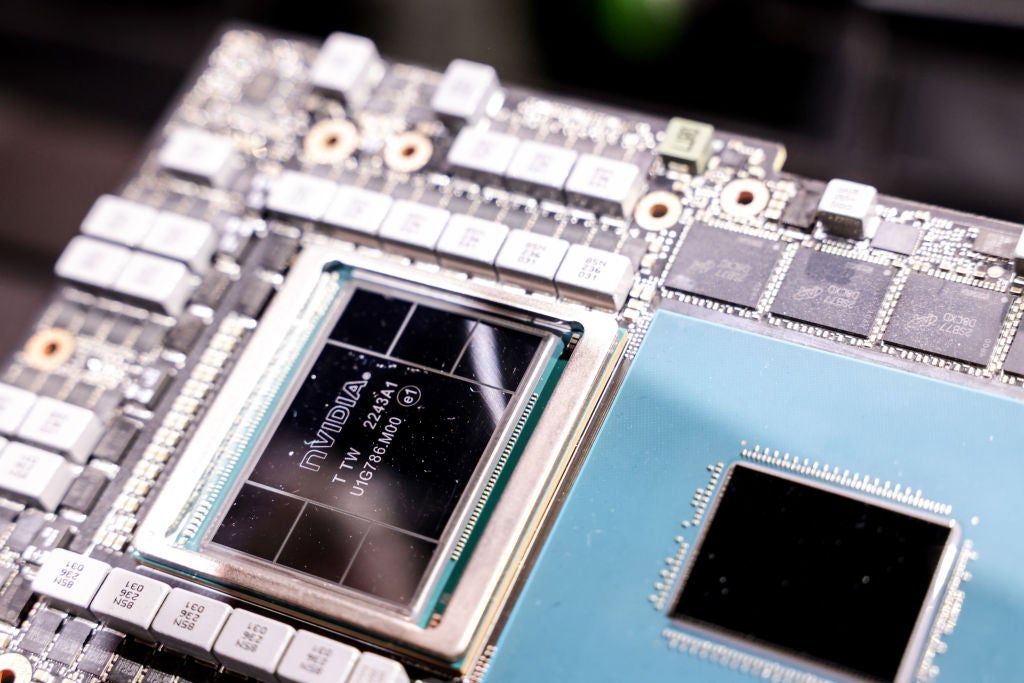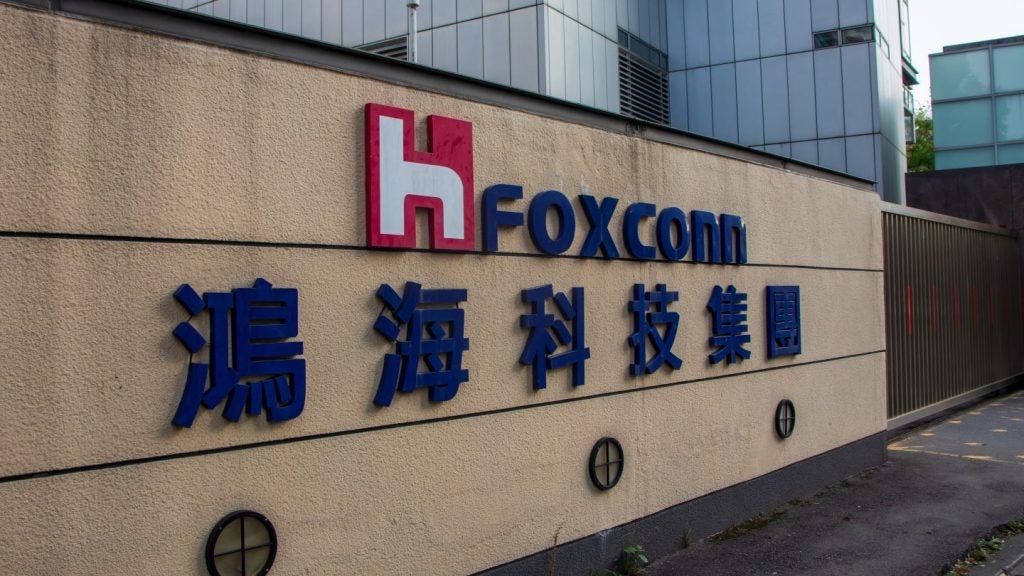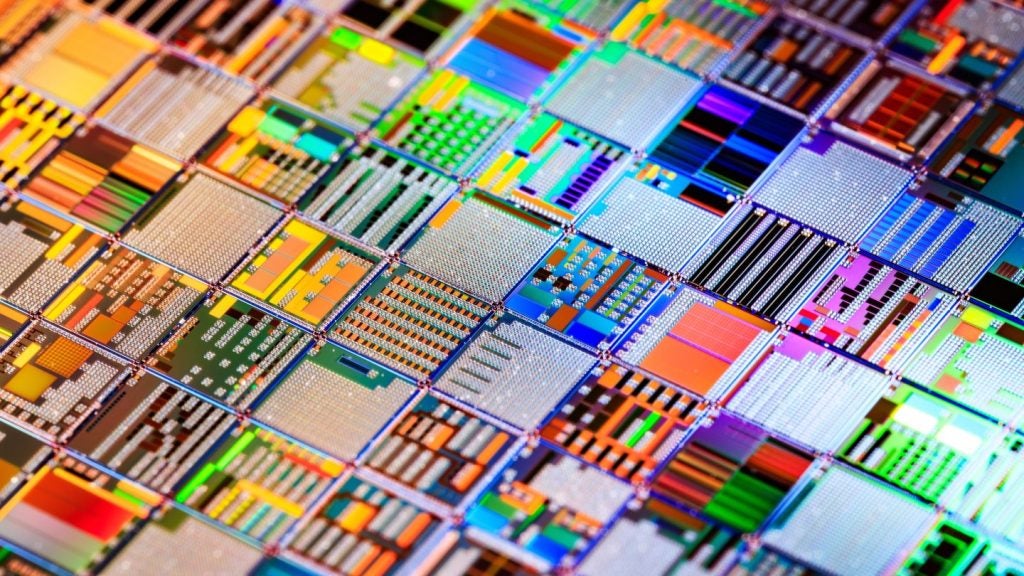
Each week, Verdict’s editors select a deal that illustrates the themes driving change in our sector. The deal may not always be the largest in value, or the highest profile. But we select it because of what it tells us about where the leading companies are focusing their efforts, and why. We pick apart the deal itself, and the industry theme behind it. This new, thematic deal coverage is driven by our underlying Disruptor data which tracks all major deals, patents, company filings, hiring patterns and social media buzz across our sectors.
The deal
Boston based start-up, Lightmatter, has raised $154m to further develop its photonic computing infrastructure business to keep pace with the rapid evolution of artificial intelligence (AI).
The investment will help Lightmatter reach its goal of developing and supplying photonic computing infrastructure to large cloud providers, semiconductor companies and enterprises.
Why it matters
As the compute power of large language models (LLM) – the basis for generative AI – increases exponentially, so too does its energy requirement. Photonic chip architecture can solve the big energy and cost conundrum facing the growing AI market. GlobalData estimates the global AI market will be worth $383.3bn by 2030, with a 21% compound annual growth rate between 2022 and 2030.
Rapid progress in AI will require equally rapid changes to computing infrastructure if development is to continue at such an unprecedented rate. GlobalData consultant analyst, Michael Orme, is bullish on photonic development.
“Now, on the back appreciable R&D funding, worldwide, at companies such as Intel, Cisco, Nvidia, Huawei and start-ups such as Lightmatter and PsiQuantum, the era of optical computing is dawning,” said Orme.
How well do you really know your competitors?
Access the most comprehensive Company Profiles on the market, powered by GlobalData. Save hours of research. Gain competitive edge.

Thank you!
Your download email will arrive shortly
Not ready to buy yet? Download a free sample
We are confident about the unique quality of our Company Profiles. However, we want you to make the most beneficial decision for your business, so we offer a free sample that you can download by submitting the below form
By GlobalData“Not for general-purpose computing but for increasingly powerful and widespread data-laden analytics, AI and machine learning applications as well as supercomputing,” he added.
Generative AI tools such as OpenAI’s ChatGPT and Google’s Bard use billions of bits of textual and image data – trillions in the case of GPT-4. According to Orme, groups of interconnected Nvidia GPUs are currently the most popular way, by far, to operate LLMs, “but they are power greedy in a world where it is estimated that the global IT infrastructure needs over seven percent of the global electricity supply already,” said Orme.
Companies, such as Lightmatter, are developing hybrid AI chips using photonics that will both speed up the current GPU based approach while reducing its power consumption and cooling requirements. Another key advantage of photonics chips over conventional chips, is that they are cheaper to manufacture.
The detail
Lightmatter’s series C funding round by Fidelity Management & Research Company, SIP Global, Viking Global Investors, GV (Google Ventures) and HPE Pathfinder, as well as existing investors, has tripled the company’s valuation. This latest funding round brings Lightmatter’s total funding to date to $270m.
In 2022, Lightmatter expanded its leadership team, to include Richard Ho, who led Google’s Tensor Processing Unit program, and Ritesh Jain, who led datacenter chip packaging at Intel, as VPs of hardware engineering. Lightmatter also announced Jessie Zhang, who led corporate financial planning at Apple, as VP of Finance, and Steve Klinger, former VP at Innovium, as VP of product.
The new capital will be used to fund the delivery to market of Lightmatter’s photonics-enabled products: Envise, Passage, and Idiom.







